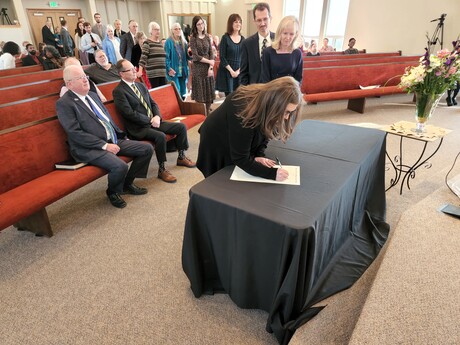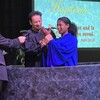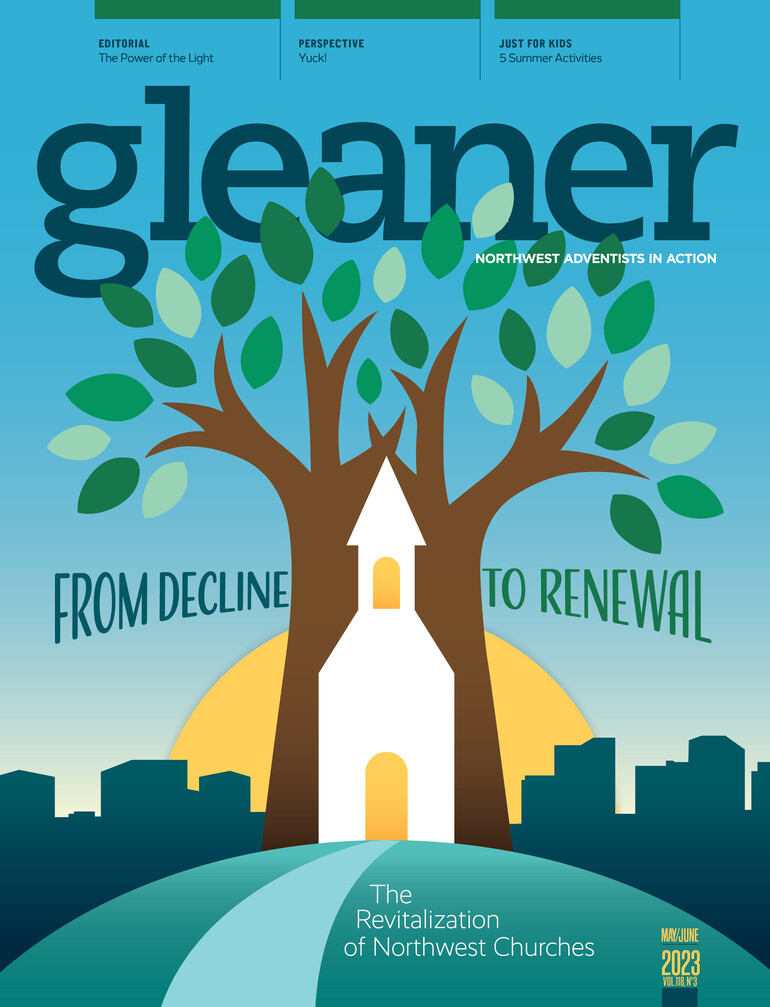Church planting has always been a key part of how Seventh-day Adventists have forged into new territory with the good news of Jesus' soon return. It hasn't always occurred with consistent effort, however. Church planting throughout the years tends to ebb and flow like waves washing over our territories.
The most recent church planting wave to wash through Upper Columbia Conference began in the 1990s. With the support of the North Pacific Union, UCC began a church planting focus that has started more than 50 churches since 1993. Dozens of communities have been impacted as hundreds of new members found spaces to participate and become leaders.
Some of the successes have been extraordinary. One church began planting "daughter" churches in the late 1990s. By 2005, they had planted three churches. Twelve years later, the "mother" church had returned to its previous attendance numbers. Two of the three "daughter" churches were approaching an average attendance of 200, and total tithe giving for all the churches had more than quadrupled. One of the "daughter" churches even planted another church nearby.
Our Spanish-speaking churches have also experienced phenomenal growth. Almost 50% of the church plants in the last 30 years have been for Spanish-speaking ministry, with one planted to serve second generation Hispanics in both English and Spanish.
Of course, not every church plant has succeeded. Some struggled for several years before finally closing. Others have never grown much beyond their initial core group. Differing priorities began to fill the gap as the wave moved on. In the last 10 years, the only new churches planted in UCC have been within our Hispanic ministries. English-speaking church plants have come to a halt.
Was church planting just a fad? Does it make sense to add more church groups when we struggle to fill the ones we have? Or is there room for another wave of church planting to wash over UCC?
The answer: No, it's not a fad that has faded away. UCC still believes in church planting for all people groups. We believe that planting new churches is essential to completing God's mission in our territory.
As UCC approached 2023, its administrative team initiated a conference-wide visioning process. Churches chose representatives from around the conference to vision and dream of where God is leading UCC. More than 55 initiatives were identified, and three directly addressed church planting. We believe God is calling us to plant nine churches by the end of 2025.
Seven of those churches will be Spanish-speaking churches. This will continue the trend of church planting UCC has experienced among our Hispanic ministries. Additionally, we plan to double our
churches reaching out to our Russian-speaking population as we minister to those displaced by the war in Ukraine. We also see a new wave beginning with another English-speaking church plant as well.
Our partnership with NPUC has been key to the previous successes we've seen in church planting, and it will continue to be an essential part of future church plants. The North American Division and the union have invested both leadership and significant financial resources to help new churches get started.
Even with all the planning and financial support, this vision seems overwhelming. Though the challenges are too great for us to accomplish on our own, God is the One who has called us to this task, and we believe He has the strength and resources to make it happen.
A new wave of church planting is building in UCC, and we can't wait to see where God takes us!












